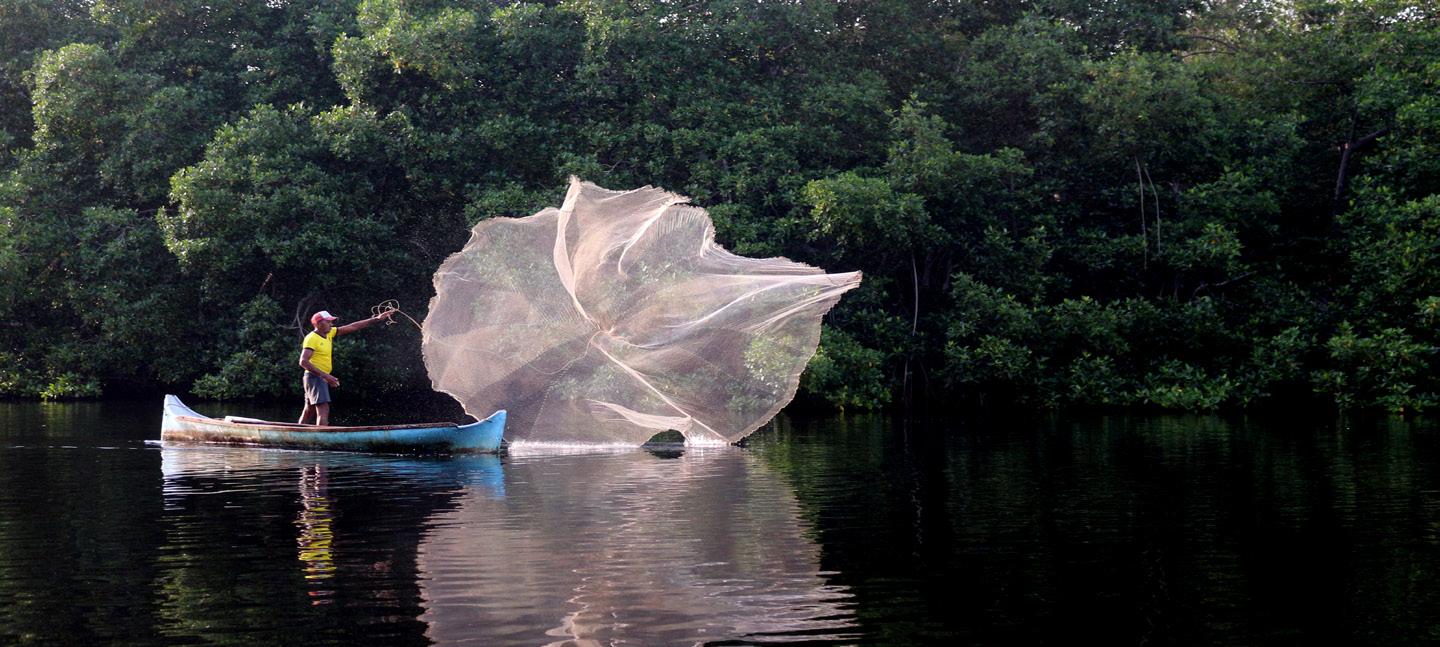
1 minute read
TRANSFORMATIVE ACTIONS. CONVERGENCE #40
BIODIVERSITY MAINSTREAMING & INNOVATIVE GOVERNANCE: KEY LEARNINGS FROM LATIN AMERICA
Víctor Alvarado Consultant, Expertise France
Advertisement
Aleksandar Rankovic Lecturer, Sciences Po Paris
Marcia Tambutti
Senior Research Assistant and Biodiversity Specialist, Economic Commission for Latin America and the Caribbean (ECLAC)
Jeannette Sánchez
Director of the Natural Resources Division, ECLAC
Biodiversity mainstreaming, rights-based approaches and innovative governance are key to achieve transformative change in Latin America and the Caribbean (LAC). The region has many positive experiences, which could facilitate an early implementation of the KunmingMontreal Global Biodiversity Framework (GBF) and contribute to interregional and international dialogues.
- Thierry Dudermel
Team Leader Biodiversity and Ecosystem Services, Directorate General for international Partnerships, European Commission
In September 2019, the UN Economic Commission for Latin America and the Caribbean co-hosted a workshop of high-level biodiversity experts from the LAC region1 to share their experiences and visions to move towards sustainable development and to contribute to the elaboration of the GBF. As a follow-up, ECLAC conducted two studies exploring biodiversity mainstreaming2 and innovative governance3 for transformative change based on practical cases. Both studies aimed at identifying and comparing primary factors that facilitate or impede biodiversity mainstreaming and innovative governance. They also aimed at increasing knowledge on the challenges and opportunities encountered and at promoting their scaling-up through positive examples.
During CBD COP15 in Montreal, ECLAC and the Post-2020 Biodiversity Framework-EU support project organized a side event, gathering experts from the region, Africa and Europe to present the studies and discuss their results.
Coffe beans harvest © MPango on Pexels

1 See Expertise on #4: Perspectives from Latin America and the Caribbean on Post-2020 Global Biodiversity Governance: https://cutt.ly/p3EK7js and two short movies of the workshop: https://youtu.be/2ddpMPcoG-k and https://youtu.be/0xdYwn27A0
2 See V. Alvarado, M. Tambutti and A. Rankovic, “Experiences in Latin America and the Caribbean with mainstreaming biodiversity in the productive, economic and financial sectors”, ECLAC, 2022. Link: https://cutt.ly/c3EZxVv
3 See G. Catacora-Vargas, M. Tambutti, V. Alvarado and A. Rankovic, “Governance approaches and practices in Latin America and the Caribbean for transformative change for biodiversity”, ECLAC, 2022. Link: https://cutt.ly/W3EZQej
4 Resources that perform a preponderant part of their life cycle in direct association or near a substrate, such as sea urchins, limpets, clams, octopuses and crabs.
5 See E. S. Brondizio, J. Settele, S. Díaz, and H. T. Ngo (editors): Global assessment report on biodiversity and ecosystem services of the Intergovernmental Science-Policy Platform on Biodiversity and Ecosystem Services, IPBES secretariat, Bonn, Germany, 2019. https://www. ipbes.net/global-assessment




